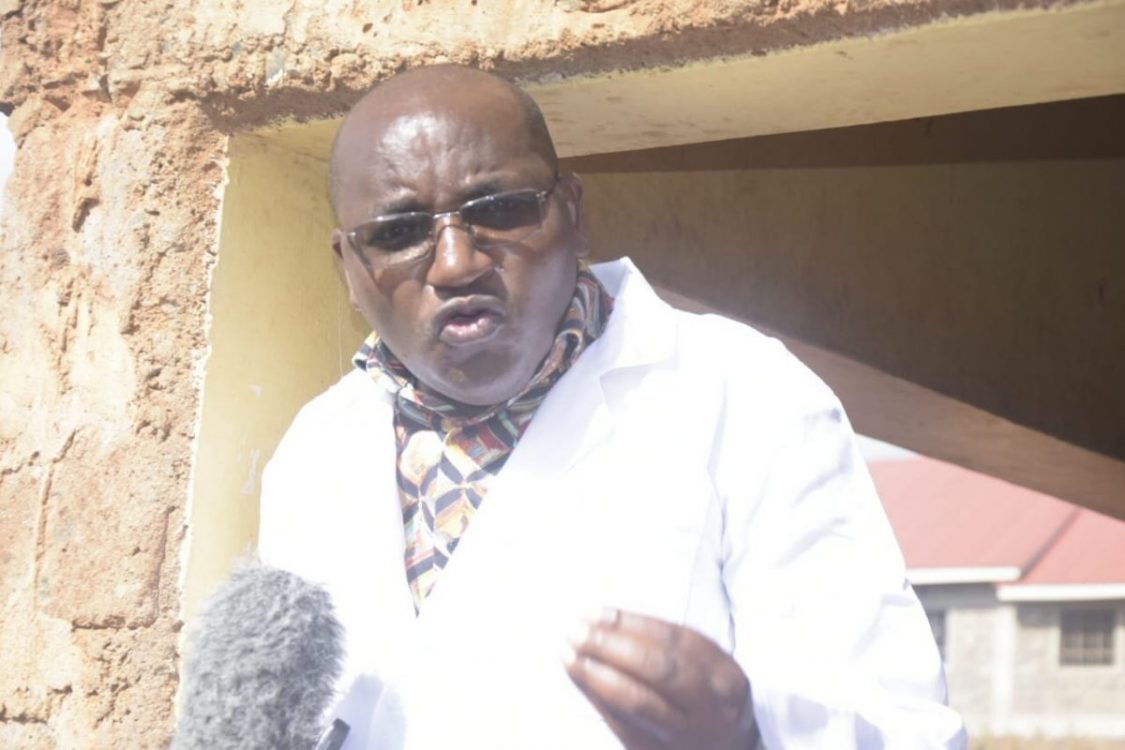High stakes acquisition of Bamburi hits final stretch

The contest over the acquisition of Bamburi Cement Company has entered the home stretch, with the Capital Markets Authority (CMA) granting Kenyan firm Savannah Clinker approval to present a counter-offer of Sh25.46 billion for a 100 per cent stake in the company’s issued shares.
A counteroffer is a reply to that original offer and may change the terms of the deal, including the price. The price may be greater or less than what was originally quoted, depending on the offeror.
The competition now pits two bidders against each other: Savannah Clinker, owned by Kenyan businessman Benson Ndeta, and Tanzania’s Amsons Industries, an oil conglomerate. Family-owned Amsons Group, through its Kenyan subsidiary Amsons Industries (K), was the first to issue a notice to acquire up to 100 per cent of Bamburi’s ordinary shares.
Amsons Group Managing Director Edha Nahdi emphasised that the cross-border acquisition would strengthen their presence in East Africa’s cement industry and align with regional economic development goals. “We have significant plans to expand our investment in Kenya and in Bamburi,” Nahdi added.
Both bids will be reviewed by an independent adviser, who will analyse the offers and provide shareholders with recommendations on which is more beneficial.
Savannah Clinker’s entry into the race has disrupted what seemed to be a done deal with Amsons Industries. The Tanzanian firm previously announced it had secured an irrevocable agreement with Bamburi’s main shareholders. However, legal experts have pointed out that such a deal can be challenged if a counter-offer is made.
Questions have arisen about why Amsons Industries, a multi-billion-dollar company, would need financing from Kenyan banks to complete the acquisition. Meanwhile, political figures have been quietly lobbying for influence over a transaction that is ultimately in the hands of Bamburi shareholders.
However, this intense competition has definitely benefitted Bamburi’s shareholders. Since the second offer was made, Bamburi’s stock price has soared by over 30 per cent. Three weeks ago, Ndeta rocked Kenya’s manufacturing sector by offering Sh25.46 billion to acquire Bamburi, significantly raising the stakes.
Bamburi Cement, one of East Africa’s leading cement manufacturers, is a highly sought-after asset without a lot of baggage and has no loans. Ndeta’s offer of Sh70 per share surpasses Amsons’ Sh65 per share bid. Savannah Clinker’s offer represents a 7.7 per cent premium over Amsons’ proposal and a 4.5 per cent premium over Bamburi’s recent trading price, setting a new valuation benchmark for the company.
Ndeta has argued that Savannah Clinker, as a Kenyan-owned company, is better suited to synergize with Bamburi’s operations than the Tanzanian-owned Amsons.
His bid has already made waves in the industry, with Bamburi’s shares rising by 21 per cent within a week of the announcement, bringing the total gain to 116 per cent for the year.
If Savannah Clinker succeeds in acquiring Bamburi, the deal would mark Ndeta’s dramatic comeback to the centre of East Africa’s cement industry. The acquisition would position him and Savannah Clinker as key players in the region’s construction sector and global markets.
Ndeta’s rise in the industry, however, has not been without challenges. Before founding Savannah Clinker in 2019, he served as chairman of East African Portland Cement Company (EAPCC) for five years and later as a co-director and executive chairman of Savannah Cement Company Limited.
His time at Savannah Cement was both intriguing and tumultuous. In 2009, Ndeta invited two Chinese partners; Wangho International Limited and Acme Wanji Investments Limited, into Savannah Cement, selling them 40 per cent and 20 per cent stakes, respectively, while retaining 40 per cent through his family’s company, Savannah Heights. Later, Ndeta bought out the two Chinese investors, a move that enbales him to bring on board two local entrepreneurs as co-directors. However, the partnership with the Kenyan investors would eventually lead to prolonged legal disputes, sparking a seven-year battle in the courts of law.
Those legal contests with the rising costs of imported clinker, exacerbated by the 2023 Finance Bill, forced Savannah Cement to halt production and close its doors in October 2023. Despite the legal challenges, Ndeta found a way to carve out a path for himself beyond the conflicts with his partners. In 2019, he established Savannah Clinker Limited and built a Sh35 billion clinker factory in Kitui County. This factory aimed to supply clinker to Savannah Cement and other players in the region, providing a local alternative to costly imported clinker.
It is this very company, Savannah Clinker, that flipped the script three weeks ago when it made a public bid to acquire Bamburi Cement. Now, with the competition heating up, all eyes are on the shareholders and the independent adviser’s report to determine the fate of one of East Africa’s most prominent cement companies.












